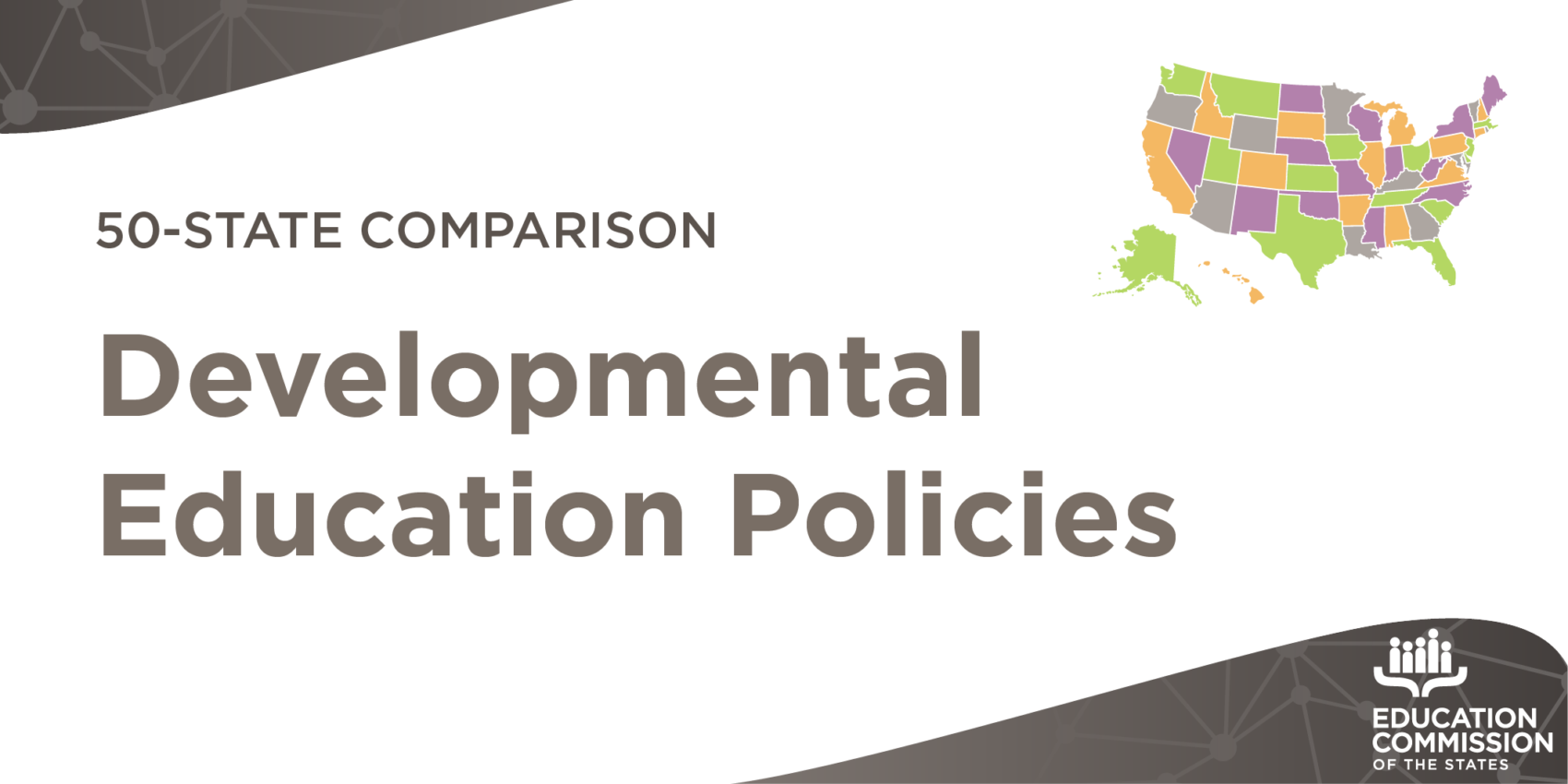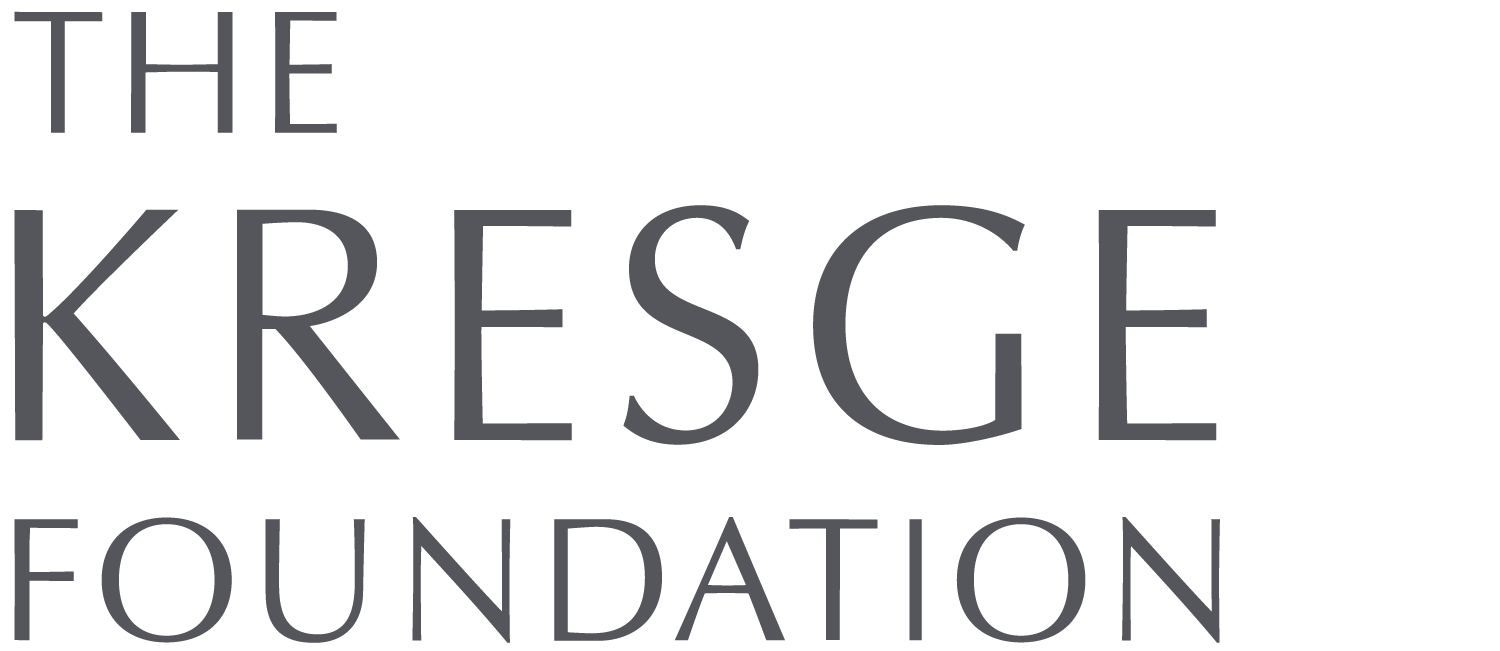We are a network of policy and research partners, institution and systems leaders, and foundations taking collective action to ensure students get the support they need to succeed in their first year of college.
Reforming developmental education so every college student succeeds in their first year.
Strong Start to Finish scales reforms in developmental education across higher education systems, so every student is set up to pass credit-earning courses in English and math in their first year of college. In particular, we support college success for Black, Brown, Asian American and Indigenous students, students with low incomes and returning adults, who have been underserved by the education system.
Featured Resources
50-State Comparison: Developmental Education Policies
ECS has updated its 50-State Comparison on Developmental Education policies to provide a national overview of how states structure, implement and report on developmental education. Drawing from state statutes and higher education system policies across all 50 states and the District of Columbia, it outlines key policy areas, including assessment and placement, instructional methods, corequisite support and reporting requirements. This 50–State Comparison serves as a tool to support state and system leaders in making informed decisions on practices and pathways that enable all college students to succeed in English and mathematics in their first year of college.
Strong Start to Finish: Network Partner Service Menu
There is a persistent problem among colleges and universities for students placed in developmental courses like math and English. They are not completing the courses and, in most cases, should not be taking them in the first place. While developmental education outcomes are deeply troubling for state and institutional leaders and practitioners, for low-income students, students of color and returning adults who see college as a path to something greater, our collective failure to adequately support their success is a heavy burden to bear.
A State Policy Framework for Developmental Education Reform
Developmental education reforms such as multiple measures for placement, co-requisites, and math pathways are proven strategies to increase student success in postsecondary education. There is still much to be done to codify these efforts in policy. Policy is key for scale-up and sustainability. This framework provides a guide to move in that direction.
Measuring Success of Corequisite Support
This toolkit helps colleges better understand how to evaluate the success of corequisite courses.
Stories & Insights
Toward 2040: The Need to Reinvigorate Developmental Education Reform
Over the past year, we’ve partnered with JKW Consulting at a pivotal moment for both our organization and the field. Together, we aligned our strategies and operations — culminating in the launch of our new North Star goal: By 2040, all states will ensure students are on track to graduate after their first year.
As higher education faces mounting challenges, this vision demands urgent, systemic change. It builds on past reforms while responding to the evolving needs of today’s students and workforce. In a new blog post, Jill Wohlford of JKW Consulting explores why this moment matters — and what it will take to turn this bold vision into lasting impact. Read more.
Read more



